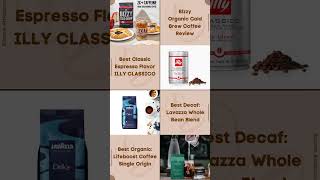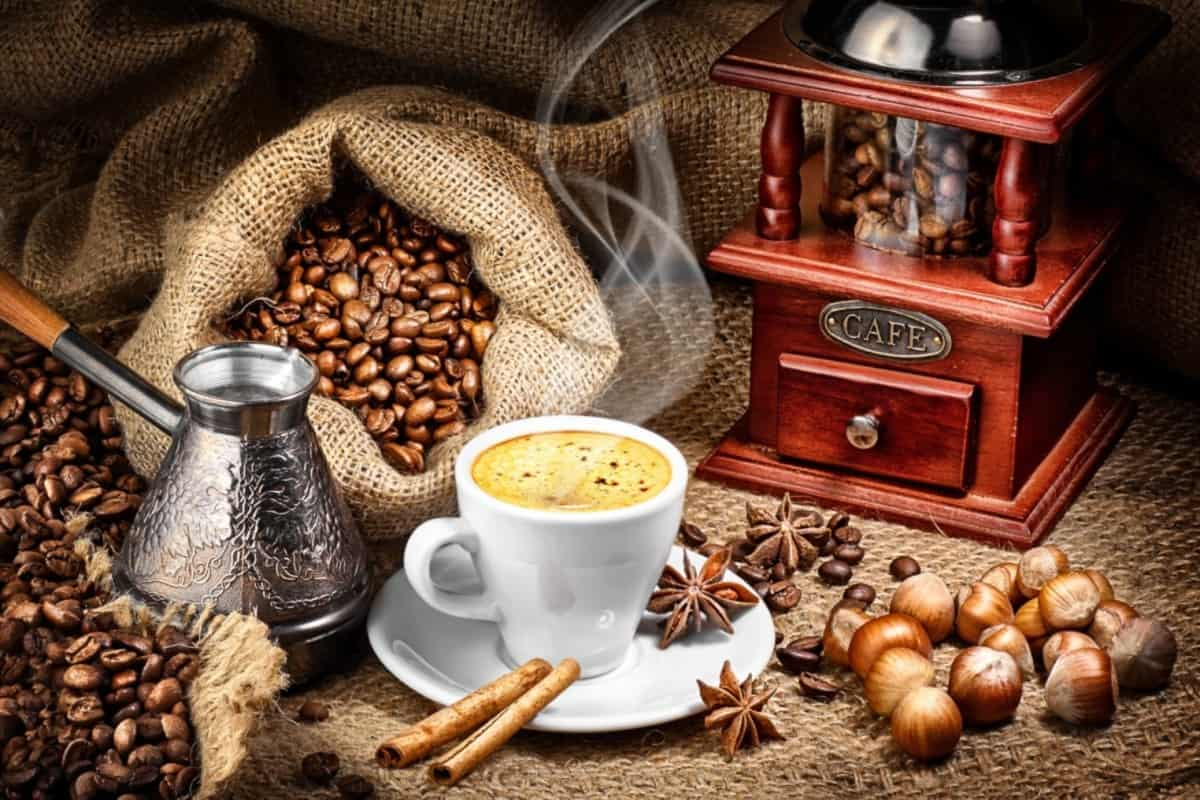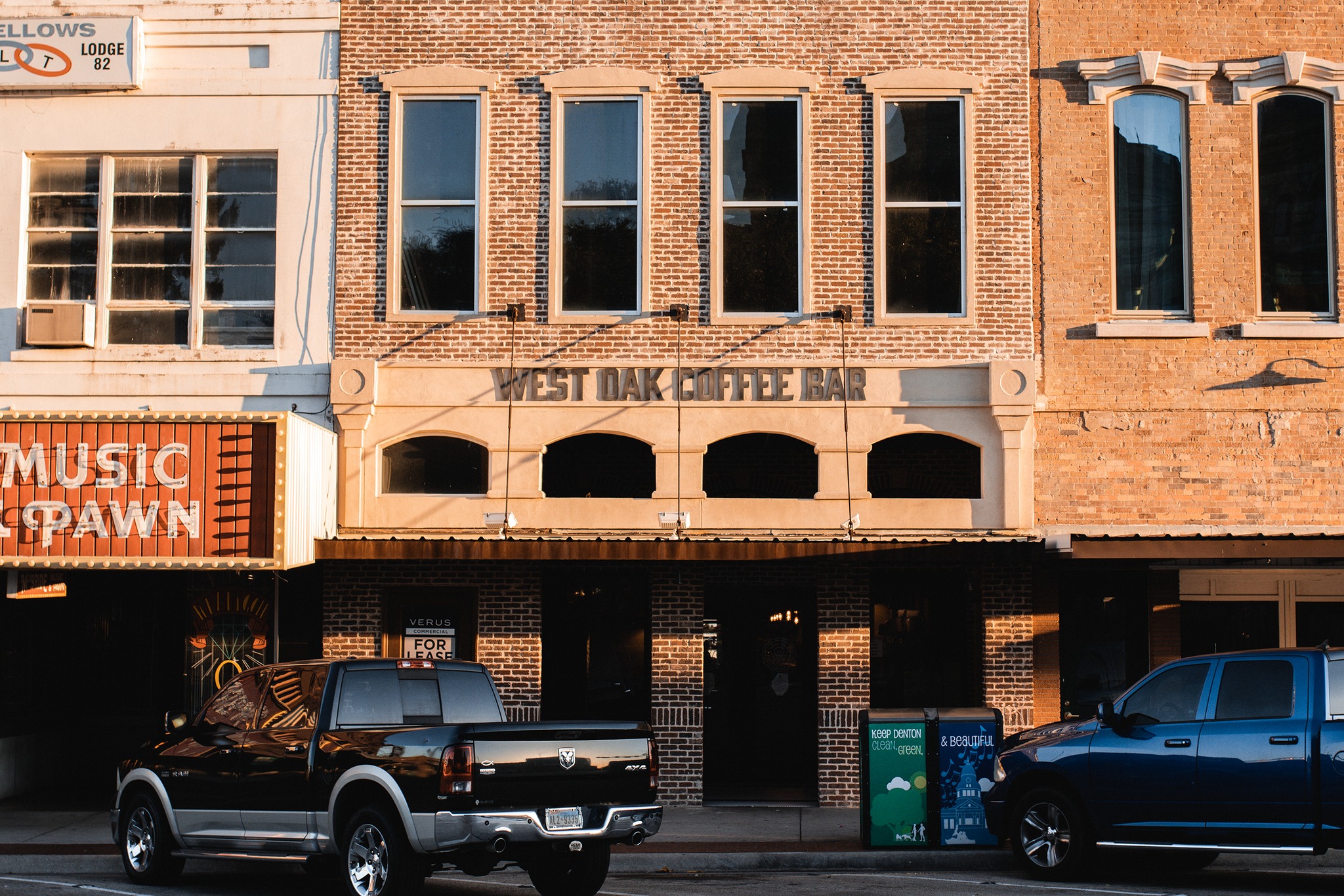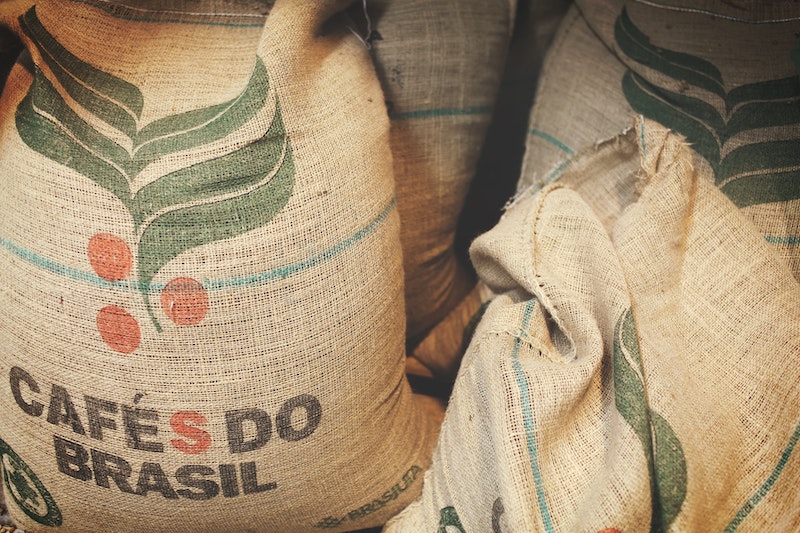what is the best water to prepare coffee? we know that a good cup of coffee requires high-quality beans and a good preparation method. but what about the water? How does water quality affect your coffee?
You’ll often hear that coffee beans from around the world provide different flavors to a cup of coffee and how the flavor is affected when it’s roasted, ground, and brewed. One main element that is often overlooked is the quality of the water. Many people will say that the more purified the water is, the better the coffee will taste. however, extensive studies have shown that hard water containing hard minerals like calcium and magnesium not only draws out the flavors of ground coffee beans, but also imparts different flavors in many ways.
Reading: Best water for coffee maker
Since coffee is basically 98% water, it’s best to use water that isn’t distilled and contains some minerals. the minerals in the water enhance the flavor of coffee in the same way that salt does food. Good quality coffee beans and water, along with a precise roasting, grinding and brewing process, will give you the most delicious coffee every time. To learn more about coffee and how it is extracted and processed, visit SipcCoffeehouse.
In the meantime, let’s take a look at the different types of water and how they can affect the taste of your coffee.
unfiltered tap water for coffee
This is the most commonly used as it is easily accessible and often improves the taste and quality of your coffee. reason? The quality of tap water, including water hardness and chlorine taste, will depend on where you live. for example, if the source of the water is a nearby mountain, lake, river, groundwater desalinated seawater, or some other source. each of these sources has different types of minerals that affect the quality of the water and also the taste of your coffee.
Minerals found in water include concentrations of calcium and magnesium. copper, aluminum, and manganese, as well as other substances that are slightly acidic and/or impart a metallic taste to water. If you’ve been told that tap water is completely safe to drink, it may still taste acidic, metallic, or disinfectant. this last unpleasant taste comes from chlorine and chloramine that are used in the water purification process for disinfection.
If tap water tastes bad, it will eventually transfer to your coffee, no matter if you are using the best quality coffee beans and a perfect brewing method, the taste will be off-putting. neutral/flavorless tap water usually makes the coffee taste a bit bland as well. this is why areas with very soft water require a stronger coffee flavor. on the other hand, good-tasting, mineral-rich tap water can give you 10 times more flavor. the only side effect is that it can leave a buildup of minerals and scale on the bottom of your coffeemaker, if you’re using one.
The good news is that a high-quality water filter can make your tap water taste great without removing any of the good minerals.
water purification process
If you live in a big city, chances are your tap water is already purified by a water purification plant. Here are the steps you follow to remove most contaminants like nitrates, pesticides, heavy metals, etc. that can be found in tap water. steps include coagulation and flocculation, sedimentation, filtration, and finally disinfection.
coagulation and flocculation
This procedure involves the addition of positively charged chemicals to negatively charged contaminants in purified water. binds together to form a large contaminant particle known as a floc.
sedimentation
See also: 5 Best Budget Coffee Grinders under 50 – Reviews & Guide 2022
The contaminated particle then settles to the bottom of the water, which can be removed later.
filtration
After the floc is removed, the water passes through several filters to remove any remaining dust, bacteria, and other chemicals.
disinfection
The final stage uses chlorine and chloramine to disinfect and remove any remaining organic contaminants to give you purified water.
It is mainly the last stage that negatively affects tap water depending on the amount of chlorine added. water purification generally does not affect hardness or mineral content.
distilled water for coffee
Distilled water, also known as soft water, has gone through the purification process to remove contaminants through steam; however, some contaminants may still be present. this type of water strips away two of its essential minerals: calcium and magnesium. that’s why it’s best to use distilled water if you’re using a coffee maker. there is less mineral buildup and prevents scale formation, which would damage your appliance.
Since distilled water is stripped of its essential minerals, the taste of the water will result in very bitter coffee. therefore, distal water results in poor quality coffee, no matter how good your brewer is, or if your coffee beans are of good caliber. but if you’re a fan of bitter coffee, you can go ahead and add plain water to the mix.
reverse osmosis filtered tap water for coffee
Reverse Osmosis or RO filters are commonly sold as the best method of water filtration. It is true that it is very effective in reducing contaminants in tap water, but they essentially remove everything that is in tap water. Many water filter vendors will tell you that a low TDS score is a sign of good tap water quality. In reality, TDS is primarily a measure of the mineral content in tap water. therefore, ro water like distilled water will result in bitter tasting or flavorless coffee.
One solution to this is to add minerals back to the tap water. Pre-made mineral formulas are added to reverse osmosis (RO) water to further purify it but with the minerals intact. This mineral mix comes in a bag and is said to be quite popular and widely available. the water can be used to prepare the best coffee.
activated carbon filtered water
The most direct method to obtain the best water for coffee is a high quality activated carbon filter. especially if you live in an area with medium to high hardness water. Faucet-mounted filters, like EcoPro, will give you great-tasting water straight from the faucet that you can fill in your coffee maker. it even removes most of the limescale preventing scale from building up in your coffee can or coffee maker.
Another method is a pitcher filter that uses activated carbon filters to remove odours, impurities, limescale and chlorine from the water. this is one of the simple and cost-effective ways to use purified water. the only drawback is that they can be a bit slow to filter the water. pitcherpro solves this by filtering the water instantly.
bottled water
Bottled water can be anything from purified/filtered tap water to real mineral spring water. this also means that the content varies from a very low mineral content to a very high mineral content. bottled water with little or no minerals is not ideal as it is bland or bitter, while a medium to high mineral content brings out the best flavors in a cup of coffee.
See also: What is bulletproof coffee?
so if you use bottled water, choose one with a minerality level (tds or calcium and magnesium content) of 50 to 157 mg/l for the best brewed coffee. if it’s distilled water, choose the brand that says added magnesium and not added calcium. the magnesium binds to and enhances the flavor compounds in the coffee beans, while the calcium imparts a bitter taste to the finished cup of coffee.
If possible, avoid bottled water, as it’s expensive, often full of microplastics from packaging, and bad for the planet. a high-quality water filter is a much better solution if you don’t like your local tap water.
Is the pH of the water significant?
Basically, water has a neutral pH level of 7. However, due to the many minerals and molecules that dissolve in water, it can be slightly acidic or alkaline.
As for coffee, water that is slightly alkaline is preferable, as it balances the flavor of the coffee beans and the acid gives the coffee a slightly bitter taste. too alkaline and you’ll be left with bland, boring coffee.
● Acidic water is good for extracting flavors, however, it will cause corrosion and mineral buildup in your appliance. ● alkaline water is also good for coffee in small amounts; too much (ph 8+) will prevent us from feeling the pleasant acidity even if it is present in the coffee. the taste is dull, flat and earthy.
Is it worth all the effort?
In today’s refined world of coffee, coffee lovers and baristas like to experiment to get the best possible flavor for them to enjoy. once you balance the water and get the perfect blend, you’ll never taste coffee anywhere else again. so yeah, it’s all worth it!
Finally, plain tap water is often good for bringing out the flavor of coffee. it actually enhances the flavor of your coffee beans in the brewing process, however it will cause damage to your equipment with mineral build-up and corrosion. this is easily fixed with a high quality water filter like ecopro or pitcherpro that removes chlorine and most contaminants while retaining healthy minerals.
generally the other alternatives are bad:
- distilled and purified water will give you a slightly smooth cup of coffee regardless of whether the coffee beans are of high quality or you have followed a precise brewing method.
- Water filtered from the reverse osmosis (ro) filtration system is also not as good for brewing as all the minerals are removed. Mineral mix packets made for coffee lovers can greatly improve soft, distilled, purified and RO water by adding hard minerals like magnesium and calcium. this way anyone can enjoy the flavor of their coffee regardless of the water they use.
- Bottled water is generally equal to or worse than tap water with the slight difference that no chlorine is added. bottled water with a medium to high mineral content can provide great-tasting coffee. but on the other hand, buying bottled water is generally a waste of money, inconvenient, unhealthy, and bad for the planet.
conclusion on the best water for coffee
It’s amazing to see that something as basic as water can have such a big impact on your cup of coffee. the taste depends on the type of water you use, whether it is high in minerals, chlorinated, metallic or other. many people prefer hard water (high mineral content) to get all the flavor that minerals can provide to their coffee. others opt for soft water, which is distilled and purified, for a pure taste.
If you’re not sure what type of water to use, you can always start experimenting by mixing different types of water separately to make coffee and see which one tastes best for you. try a water filter like ecopro or pitcherpro risk free with a 45 day money back guarantee.
this is a guest post by glenn at the olw agency.
image source: freepik
Also read our article on the best water to make the perfect cup of tea.
See also: 10 Best Coffee Shops in Jacksonville





